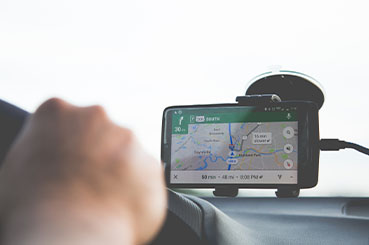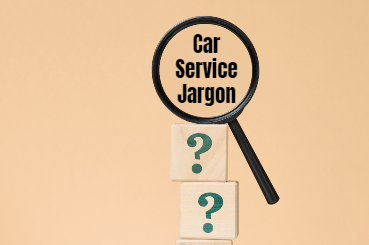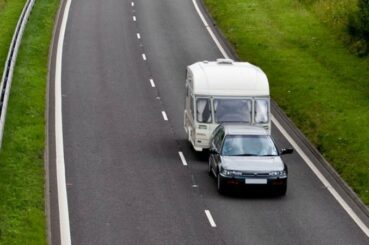What are the insurance categories for car ‘write-offs’?

What is an insurance write off?
A ‘write off’ is an insurance industry term for a vehicle that has either sustained so much damage it is unsafe to go back on the road, or a vehicle that would be safe to drive but the cost of repairing it would outweigh the insurer’s valuation of the vehicle.
Insurance write-offs are not just the result of accidents, many cars are written off due to damage from floods, fire, theft or even vandalism.
Each insurance company has its own ‘repair to value’ ratio, which is the amount they will pay towards repairing the car. For many insurers, this figure is around 60 per cent of the overall cost of the car which would mean a vehicle worth £10,000 would be a write off if the cost of the repairs would be more than £6,000.
Car insurance repair costs
Car insurance companies have to work to strict guidelines and have a duty to return vehicles to the condition they were in before the damage.
Insurance repair costs are usually based on the cost of repair at an official workshop with new original manufacturer parts used to replace any damaged parts. This can result in a significantly higher repair cost and can mean even minor damage to the car can result in a write-off decision.
Car damage categories
Write off vehicles can vary from being complete wrecks to working vehicles with cosmetic damage. As a result, there are a variety of write off categories; Cat A, B, S (formerly Cat C) and N (formerly Cat D).
What is Cat C?
Vehicles categorised as Cat C may have suffered from some structural damage, like a bent or twisted chassis, but can be repaired. As the damage is more than just cosmetic, the repairs must be carried out professionally, and the car will not be deemed safe until this is carried out.
What is Cat D?
Vehicles classed as Cat D have sustained the least amount of damage and have sustained no structural damage. The issue is usually either cosmetic or could, for example, be an issue with the electrics that is not cost-effective to repair.
What is Cat A?
Cars that are classified as a Cat A write off have sustained the most amount of damage. They are so badly damaged they can only be scrapped and even salvageable parts must be destroyed.
What is Cat B?
Category B write off vehicles will have sustained significant damage, and as a result, the body shell must be crushed. The car should never re-appear on the road, but salvageable parts can be saved and sold as reclaimed parts.

The new classifications
In October 2017 changes were made to the classification categories to make it easier for people to understand what damage may have been sustained, to a write off the vehicle. Categories A and B remained unchanged, but Category C has changed to Category S cars, and Category D has changed to Category N.
What is Cat S?
Category S vehicles were previously known as Cat C. The ‘S’ in Category S literally stands for structural, thus indicating that the vehicle has suffered from structural damage. Cat S cars be repaired and resold, however the work must be carried out professionally to ensure the vehicle is safe. Furthermore Category S vehicles must be re-registered with the DVLA before being put back on the road. The V5C of a category S vehicle will be marked with a ‘S’ to clearly indicate that it is a Cat S write off.
Category S vehicles were previously known as Cat C. The ‘S’ in Category S stands for structural, thus indicating that the car has suffered from structural damage.
Cat S cars can be repaired and resold, but the work has to be done professionally to ensure the vehicle is safe.
Category S vehicles must also be re-registered with the DVLA before being put back on the road. The V5C of a category S vehicle will be marked with an ‘S’ to indicate that it is a Cat S write off.
What is Cat N?
Category N vehicles were previously known as Cat D vehicles. The ‘N’ in Category N stands for non-structural and indicates that the cars have not undergone structural damage. The damage on Category N vehicles is usually relatively minor so can be carried out by anyone. For this reason, they can present an opportunity for people to buy a car cheaply and repair it themselves.
Unlike Cat S vehicles, there is no need to re-register a Cat N car with the DVLA. However, you do still need to let the DVLA know that it has been written off.

Car insurance write off procedure
Now you know a bit more about the different car damage categories, it’s time to look at the car insurance write off procedure.
Once you put a claim in your insurance company will appoint an assessor or engineer to assess the damage. The appointed person may visit in person, view photos or read reports from an approved garage.
They will assess the damage and weigh up what it will cost to put the vehicle right again. In many cases, if the repair costs are around 60 per cent of the car’s valuation, it is likely, it will be declared a complete loss and written off.
Bear in mind that each car insurance company follows its own procedures when it comes to writing off a vehicle. Each provider will have different criteria the car must meet as well as different thresholds at which they decide to write the car off.
In the event your car is written-off by your insurance provider, you will be offered a payout. This amount should be enough to replace your vehicle with a similar model in a similar condition at the time of the claim. However, the insurance company will usually deduct your policy excess from your payout.
You also need to inform the DVLA your car is written off and you can do this online. You will need your insurance company’s name and postcode, as you are essentially re-registering the vehicle with them.
So now you know a bit more about the car write-off procedure we will take a look at the car insurance payout you can expect.

Car write off insurance payout value
The first thing to bear in mind regarding your car insurance payout is that it is based on the value of the car right before the incident, not the price you originally paid for the vehicle.
The second important thing is that your insurer cannot take ownership of your vehicle until you accept the settlement offered. So you should not agree to a payout if you’re are not happy with it.
However, you do need to be realistic about your car’s worth. Therefore, it is a good idea to do some research looking at similar vehicles in motor trade guides, on car websites and at local dealerships.
You can provide your insurance company with any information you think may have an impact on the value of your car, like a full-service history or if you’ve just had a brand new set of tyres fitted.
You can also pay to have an independent assessment of your car’s worth, but bear in mind this will cost you, so you need to make sure it’s worthwhile before proceeding.
Car insurance payouts are often hotly contested, with many people feeling the insurance is offering an unfair price. While we wouldn’t recommend accepting a payout you are not happy with, you do need to be realistic about the car’s worth and doing your research is the best way to ensure this.
What happens if my car is on finance and is written off?
If your car has outstanding finance, you may find that the insurance payout will not cover the outstanding finance. It is always best to try and work with your insurer, as if there is only a small discrepancy between the payout and what you still owe, they may agree to settle for you.
If you have GAP insurance on your car you may be able to make a claim with your GAP provider to cover the difference between your car insurance payout and any outstanding finance. If you don’t have this added protection and you still owe a considerable on finance, it is worth speaking to the company and seeing if they can help. They may be able to offer you a new vehicle and tie some of the existing debt into a new agreement.
Next, we explore how car insurance companies estimate repair costs and how this can affect whether your car is considered a write-off.

How are repair costs estimated?
Insurance companies are required to return the vehicle to the condition it was in before the damage. As a result, repair costs are usually based on an approved workshop carrying out the work using genuine manufacturer parts, which can mean significantly higher estimated repair costs than if you were to use third party parts.
This means that even if your insurance company believe your car too expensive to repair, you may still consider it is worth repairing.
It also means that for some people, Cat S and N cars can present a real bargain. The cars can be bought cheaply and if repaired cost-effectively, can offer good value for money, especially if you will keep the car until the end of its life.
Below we uncover the potential risks of buying a Cat S or Cat N car in more detail.
What are the risks when buying a Cat C (S) or Cat D (N) car?
Both Cat S and N cars can be sold on by the insurance company to the original owner or a third party via a salvage company and therefore make it to the used car market. While for some people a Cat S or Cat N could be a bargain, there are some risks to be aware of if buying a previously written-off vehicle:
Private sellers are not required to divulge if a car has previously been written off. For this reason, we recommend you carry out a vehicle history check before buying a pre-owned vehicle.
Some sellers may try to pass Cat S and N cars as non-damaged motors or may try to downplay the damage that occurred. Even if sellers are upfront about the fact that the car has been written off, it is important to make sure that the repairs have been carried out properly and that the car is safe.
Bear in mind that Cat S and N vehicles can be more difficult to insure. Some insurance companies will not offer insurance at all, while others may bump up premiums or request an engineer’s report before they will offer cover on the vehicle.
It is also worth bearing in mind that many people will avoid buying Cat S or N cars due to the increased risks listed below, this means you may have more difficulty selling on a Cat S or N vehicle.
Dealers often will not even consider Cat S or N vehicles, so you are unlikely to be able to use a Cat S or N vehicle as part-exchange in the future.

Car write off check
So how do you know if you are buying a ‘write-off car’?
When buying any second-hand car, you must carry out checks to be sure you know what you are buying.
A car write off check is vital before you buy a used car. It ensures that you have full confidence that the vehicle you buy has not been written off in the past and has no hidden history.
There are lots of online sites offering car history checks, but you should make sure it contains the information you need. Many of the free checks offer only the basics and won’t tell you the full history of the vehicle. More comprehensive history searches, including whether the car has ever been written off are available, usually for a small fee.
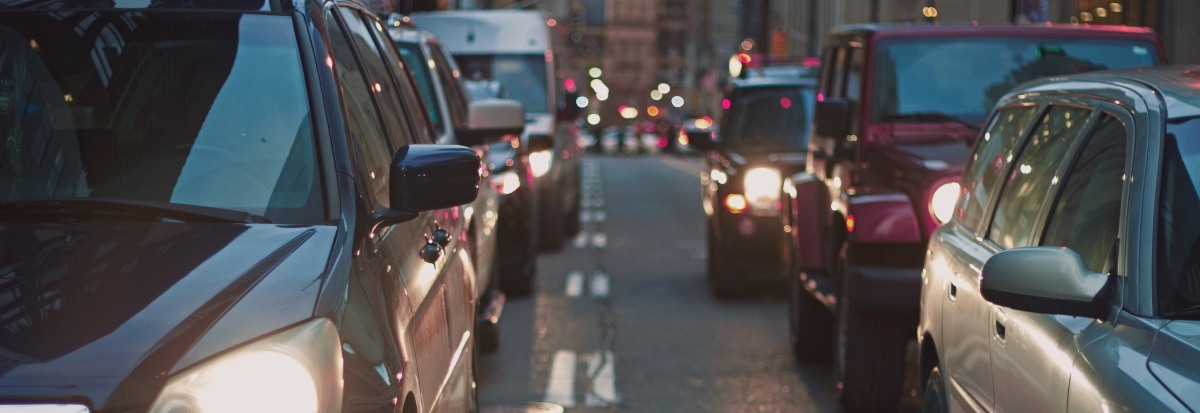
Safe options
To reduce the risks associated with buying written-off cars, why not consider a new or used vehicle?
Buying Used
As mentioned above, at Stoneacre before we accept any pre-owned vehicle for part-exchange, we carry out a full check to ensure that there is no hidden history or outstanding finance. So our customers can rest assured that they aren’t going to get any nasty surprises down the line.
We also carry out a comprehensive 125-point check of the vehicle to ensure it is working as intended. While for further peace of mind, we also offer a Lifetime Guarantee on all of our used cars for sale.
Our used vehicles are available with a host of finance offers and deposit options including 0% finance and nil deposit deals, to help spread the cost of buying a used vehicle.
Buying New
At Stoneacre, we aim to make motoring more affordable. We have a great range of cash price offers as well as an impressive selection of manufacturer offers, finance packages and deposit deals on all of our new cars. This ensures you can get your perfect car at an affordable price.
Finally, it’s time to answer some of the most frequently asked questions about car write-offs.
Car write-offs FAQ
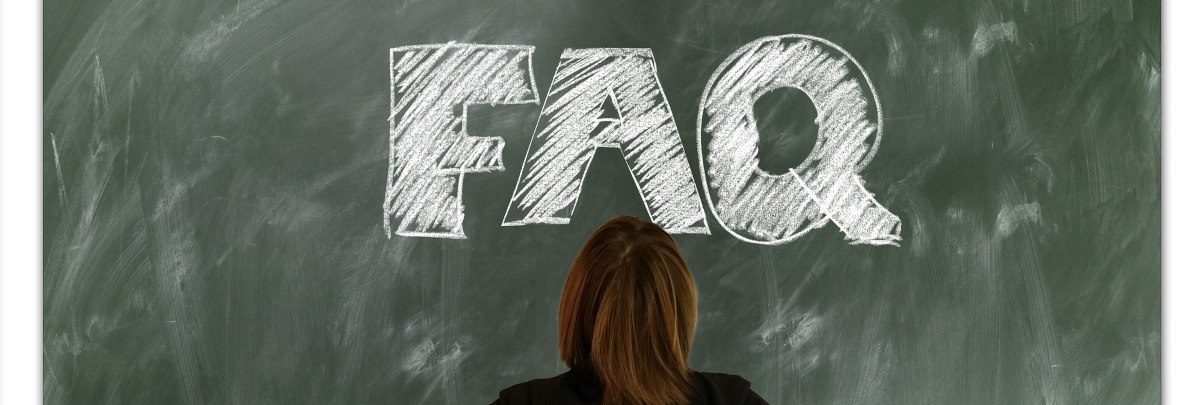
If my car is written off what happens to my insurance?
If your car is written off and you make a claim on your insurance, you may be surprised to learn you must still pay your insurance until the end of the policy year. So even though you cannot use the car, you must pay your insurance policy in full.
This means if you pay monthly, you must pay the remaining year’s monthly payments, while if you paid up-front, you will not receive a refund on the price paid for the policy.
If my car is written off can I keep it?
If your car is written off but you still want to keep it, your insurance company can give you the payout and then sell the vehicle back to you. You will need to come to an agreeable sum with your insurance company.
Once you buy the car back you are responsible for ensuring it is repaired to a roadworthy condition. If it is a Category S write-off, you will need to send the logbook to your insurer and apply for a new one from the DVLA.
If you are planning to keep your car, it’s worth bearing in mind what category write-off your vehicle falls into as to whether the cost of repairing it so you can legally use it again is worth it. You should also consider the ease and cost of insuring a vehicle which has previously been written off.
If my car is written off how much will I get?
The payout you get is based on the value of your car at the point of the incident. The payout will not match the amount you initially paid for the vehicle.
You do have a right to challenge the payout and can provide your insurance provider with any information you feel may affect the payout valuation. However, you must be realistic, so doing some research into what similar makes and models are selling for is essential.
Am I still insured if my car is written off?
If your car is written off you are still required to pay any remaining payments on your car insurance policy. Or if you’ve paid upfront, you are not due a refund on your policy.
If you are planning to buy a new vehicle, then it is possible to contact your insurer to transfer your existing insurance to your new model. Your car insurance company may charge you a fee for the transfer and depending on the model your premium may go up.
As ever, you should always shop around as it may be cheaper to pay your existing policy off while taking out another on a new vehicle. However, bear in mind that having a claim on your records for the write-off may increase your premiums when shopping around for insurance on a new car.
My car is a write off what happens next?
If your insurance company writes off your car, you may be wondering what happens next, and this depends on what you choose to do.
You can accept the payout the car insurance offers for your car and use this money to buy a new car. Or if you want to keep your car you can agree on a price with your insurer and buy it back for them using any remaining money from the payout to pay for the necessary repairs to make it roadworthy again.
However, if you are not happy with the payout figure offered, you can challenge it with your insurer. You will need to provide evidence as to why you don’t think the amount they are offering is fair.
If on the other hand, you do not agree the car is a write-off you can also challenge this, but you need to act quickly. That’s because as soon as your insurance provider notifies the Motor Insurers Anti-Fraud and Theft Register the car is written off, it can be hard to overturn the decision.
To challenge the write-off you need to provide evidence that the insurer has estimated the repairs costs too high. If you are still unhappy with your insurance company’s decision, you can make a complaint or seek advice from the financial ombudsman.
Blog Comments
To view, comment or reply to comments you must be logged into facebook

